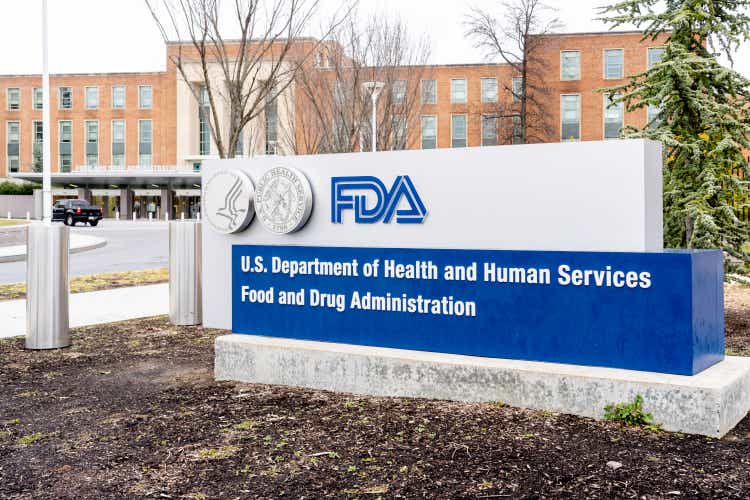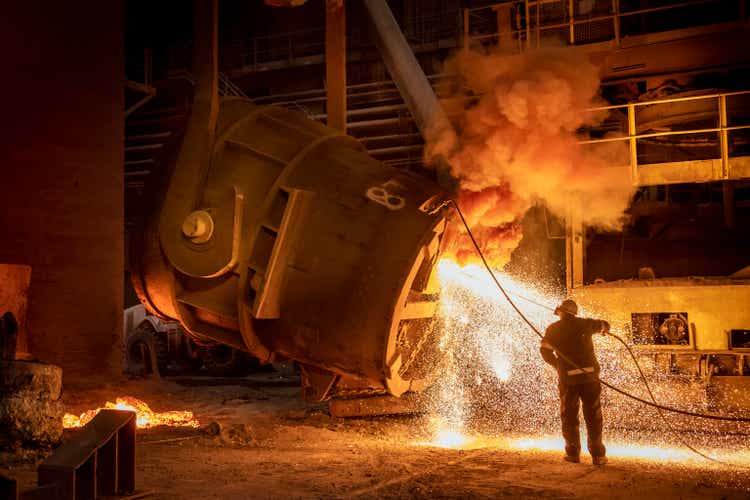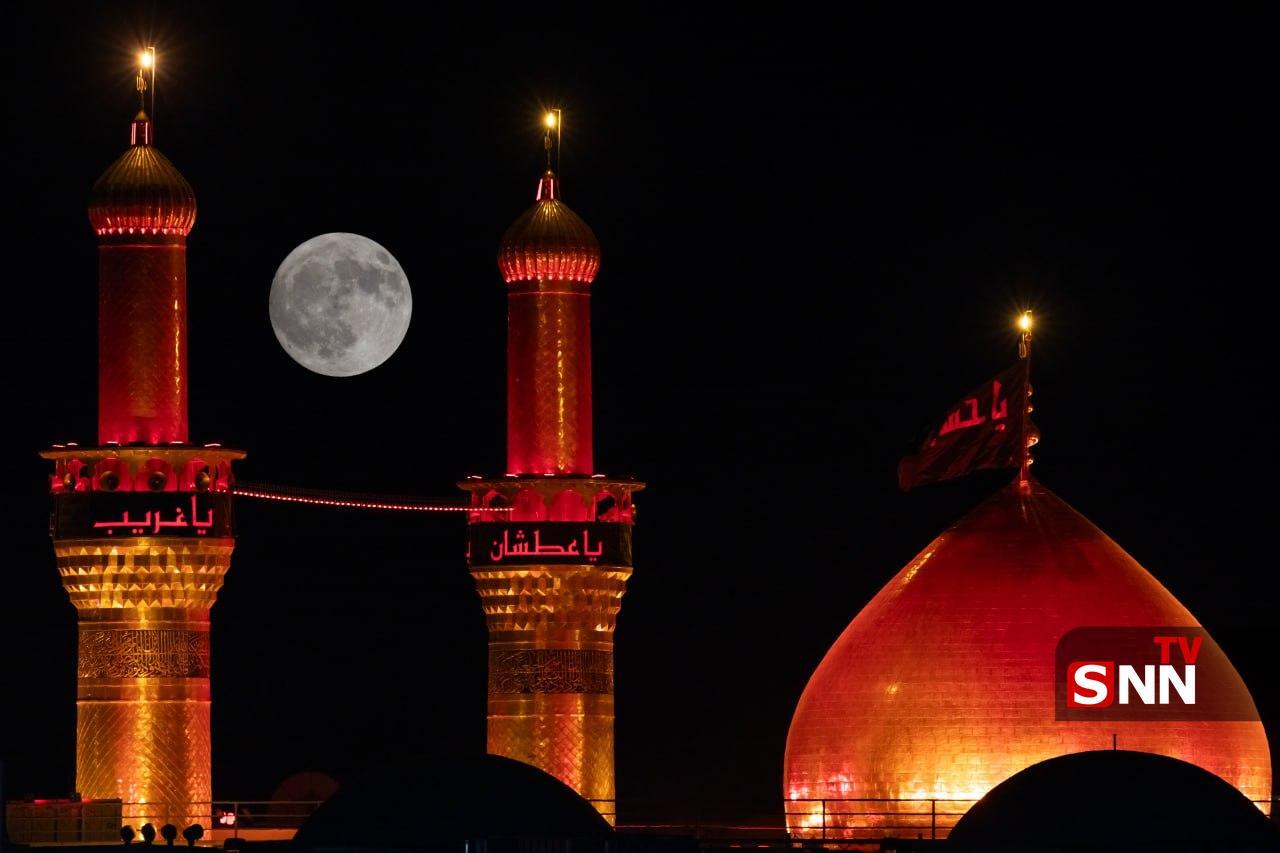Prime Minister Narendra Modi, in his 79th Independence Day address from the Red Fort, placed Atmanirbhar Bharat (self-reliant India) at the centre of his vision for a Viksit Bharat (developed India) by 2047, marking it as the defining national mission across defence, technology, energy, and agriculture.
Calling self-reliance “the bedrock of strength, dignity, and future prosperity,” the Prime Minister said India’s path to development would be determined by its ability to reduce dependence and enhance indigenous capabilities in critical sectors.
“Strategic autonomy is not an option — it is a necessity. We must build the capacity to stand on our own feet in every field,” he declared.
Defence: A Decisive Shift Toward Self-Sufficiency
In a strong message on national security, Modi pointed to Operation Sindoor as proof that India can now respond decisively using its own defence technologies.
He announced the launch of Mission Sudarshan Chakra, aimed at enhancing offensive capabilities and border security, while calling for the complete indigenisation of key defence systems — including jet engine development within India.
“When our soldiers go to battle, they must do so with weapons made in India,” he said.
Tech Sovereignty: From Semiconductors to Space
The Prime Minister announced that India’s first indigenously produced semiconductor chips will be launched by the end of 2025. He also outlined India’s expanding leadership in AI, cyber security, and deep-tech.
In the space sector, Modi praised the achievements of Group Captain Shubhanshu Shukla, and revealed plans for an Indian space station, with over 300 startups already innovating in satellites and advanced exploration technologies.
Energy Independence: Targets Met Early, Ambitions Set High
Modi declared that India had already achieved its 2030 target of 50% clean energy by 2025, thanks to progress in solar, hydrogen, nuclear, and hydropower. He also confirmed that 10 new nuclear reactors are now operational, with plans to increase capacity tenfold by 2047, aided by private sector participation.
India will also invest in deepwater exploration to access untapped energy reserves and reduce dependence on foreign fuel imports.
Critical Minerals and Agriculture: Securing the Base
To reduce reliance on imported materials vital for energy and defence, Modi announced the National Critical Minerals Mission, which is mapping over 1,200 potential sites.
In agriculture, he stressed the need to produce fertilisers domestically, citing it as essential for farmer welfare and national food security. “A self-reliant farm sector ensures a sovereign economy,” he said.
Digital & Pharmaceutical Autonomy: Innovation from Within
The Prime Minister urged the youth to create home-grown digital platforms and social media apps, underscoring the need for digital independence in communication and data infrastructure.
He also pushed for India to evolve from the “pharmacy of the world” to a leader in pharma innovation, asking scientists and startups to develop new medicines, vaccines, and secure patents, following the example set during the COVID-19 pandemic with indigenous vaccines and the CoWIN platform.
Reviving Swadeshi: From Emotion to Economic Strategy
Reiterating the Vocal for Local campaign, Modi urged shopkeepers to promote Indian-made goods and proudly display ‘Swadeshi’ signs. “Swadeshi must come from strength, not compulsion,” he said, tying consumer choices to national strength.
Vision 2047: “Aatmanirbharta is Freedom”
In closing, PM Modi stated that India’s 100th Independence Day in 2047 must mark its transformation into a fully developed, self-reliant nation. “Only a self-reliant India can be truly free. This is the spirit that will take us to Viksit Bharat,” he said.

 1 hour ago
1
1 hour ago
1






















 English (US) ·
English (US) ·